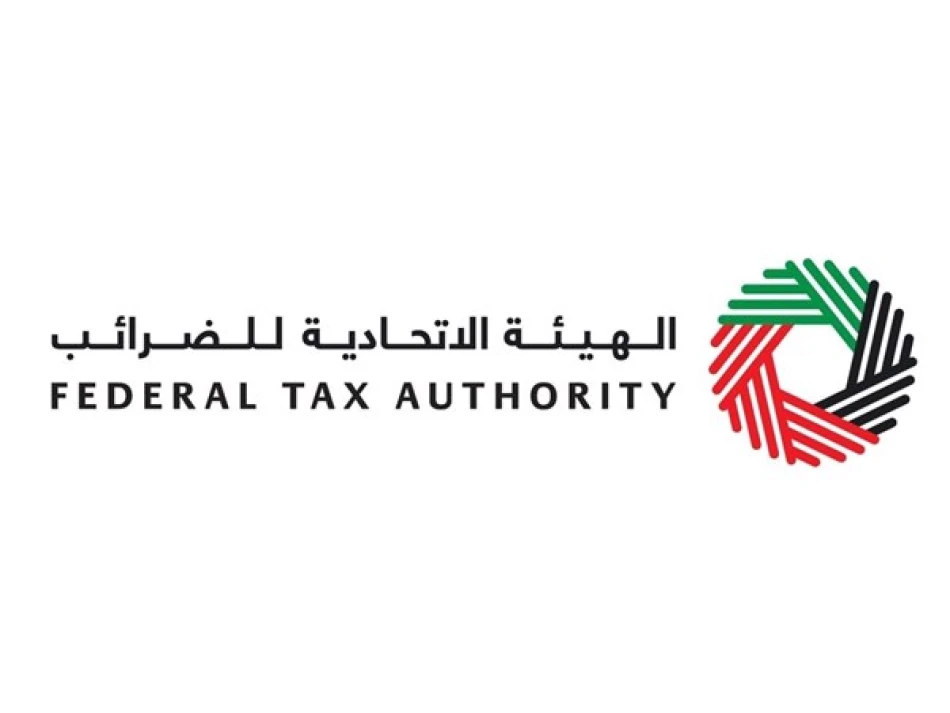
Thousands Benefit from Corporate Tax Registration Late Fee Waiver Initiative
UAE Corporate Tax Registration Amnesty Reaches 33,900 Companies as Final Deadline Looms
The UAE's Federal Tax Authority has granted registration penalty exemptions to over 33,900 companies under its corporate tax amnesty initiative, as businesses rush to comply with the country's new 9% corporate tax regime before the July 31 deadline. The program waives the standard AED 10,000 late registration penalty for companies that complete both registration and first-period tax filings within seven months of their initial tax period end.
Last-Chance Window for Tax Compliance
The Federal Tax Authority issued a final call for unregistered companies to expedite their applications through the Emirates Tax digital platform. For most businesses operating on a calendar year basis—with their first tax period running from January 1 to December 31, 2024—Thursday, July 31, 2025, marks the absolute cutoff for penalty exemption eligibility.
Companies failing to meet this deadline will face the full AED 10,000 registration penalty, signaling the UAE's commitment to enforcing its corporate tax framework without extended grace periods.
Streamlined Process Requirements
To qualify for the exemption, businesses must complete a two-step process: initial registration with the tax authority, followed by submission of their first corporate tax return or annual declaration. The initiative compresses the standard nine-month filing window to seven months, creating urgency while offering penalty relief.
The authority has automated the exemption process—qualifying companies receive penalty waivers automatically without filing separate appeals. For businesses that already paid the AED 10,000 penalty, the system credits their Emirates Tax account, allowing them to offset future tax obligations or request refunds.
Strategic Implications for UAE's Economic Vision
This amnesty program reflects the UAE's calculated approach to implementing corporate taxation while maintaining its business-friendly reputation. Unlike aggressive tax enforcement seen in some jurisdictions, the Emirates is prioritizing voluntary compliance through incentives rather than punitive measures.
Regional Tax Competition Dynamics
The UAE's measured rollout contrasts sharply with Saudi Arabia's more rigid tax implementation timeline and Singapore's historically strict compliance requirements. By offering penalty relief during the transition period, the UAE aims to retain its competitive edge as a regional business hub while generating new revenue streams.
The 33,900 companies benefiting from the program represent a significant portion of the UAE's corporate landscape, suggesting widespread initial confusion or resistance to the new tax regime. This number indicates that many businesses underestimated the registration requirements or delayed compliance hoping for extended deadlines.
Market and Investor Perspective
For multinational corporations and regional businesses, the amnesty program provides crucial breathing room during a fundamental shift in the UAE's tax landscape. However, the firm July 31 deadline sends a clear message that future compliance will be strictly enforced.
Investment advisors should note that companies operating in the UAE must now factor corporate tax obligations into their financial planning, ending decades of tax-free operations for most businesses. The transition period's conclusion will likely trigger increased operational costs and administrative requirements for UAE-based entities.
Long-term Compliance Framework
The authority's emphasis on digital filing through Emirates Tax demonstrates the UAE's commitment to modern, efficient tax administration. This technological approach mirrors successful implementations in Estonia and other digitally advanced economies, potentially reducing compliance costs over time.
The automatic credit system for overpaid penalties showcases administrative sophistication that should ease business concerns about bureaucratic inefficiency. This level of automation suggests the UAE is building a tax system designed for long-term sustainability rather than short-term revenue collection.
Most Viewed News

 Layla Al Mansoori
Layla Al Mansoori






